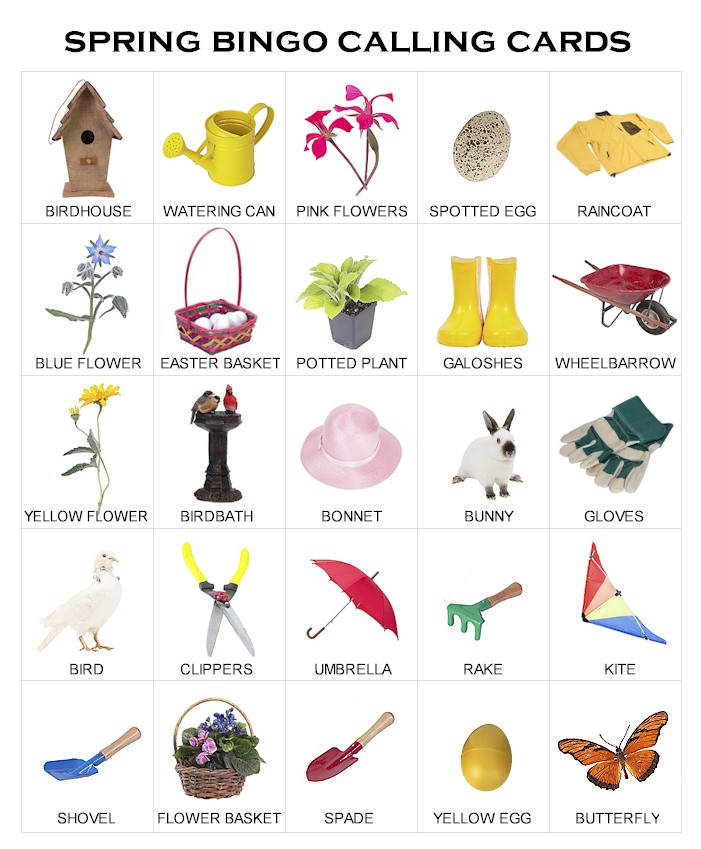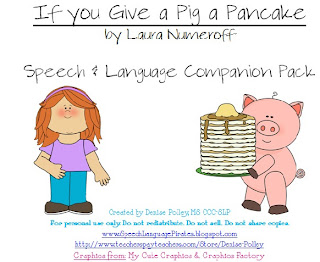 Back in late February I did a guest post for Teach Speech 365. In case you missed it I am running it again on my blog since spring is now in full bloom!
Back in late February I did a guest post for Teach Speech 365. In case you missed it I am running it again on my blog since spring is now in full bloom!
Spring is here and there are many fun therapy activities you can do with your preschool and school aged clients during this time of year. Now, while many of my colleagues are great at creating their own therapy materials, I am personally not that handy. If you are like me, it’s perfectly okay since there are plenty of free materials that you can find online and adopt for your speech language purposes.
Making Friends, an online craft store, and Boggles World, an online ESL teacher resource, are two such websites, which have a number of ready-made materials, crafts, flashcards, and worksheets that can be adapted for speech language therapy purposes. One of my personal favorites from both sites is bingo. I actually find it to be a pretty versatile activity, which can be used in a number of different ways in the speech room.
Let’s start with “Spring” bingo from the Making Friends Website, since its well suited for preschool aged children. The game comes with both call-out cards and 12-4×4 card printable boards that can be printed out on card stock or just laminated. Continue reading In case you missed it: Therapy Fun with Ready Made Spring Related Bingo

 Is there anything more fun then literature based speech language intervention?
Is there anything more fun then literature based speech language intervention? A few weeks ago I received my new gleaming set of Speech Buddies for the purposes of review. So today I’ll be describing my experiences using speech buddies in speech therapy with several clients. My client’s ages were 3.5, 4.5, 8, and 9. Prior to initiating the use of the speech buddies I have posed a number of questions for myself including:
A few weeks ago I received my new gleaming set of Speech Buddies for the purposes of review. So today I’ll be describing my experiences using speech buddies in speech therapy with several clients. My client’s ages were 3.5, 4.5, 8, and 9. Prior to initiating the use of the speech buddies I have posed a number of questions for myself including: Today I am excited to tell you about another product in my assessment referral series:
Today I am excited to tell you about another product in my assessment referral series:  Last week I did a guest post for The Simply Speech Blog. In case you missed it, below I offer an explanation why targeted speech language assessments are so important, as well as list helpful resources that will aid you in speech language assessment preparation.
Last week I did a guest post for The Simply Speech Blog. In case you missed it, below I offer an explanation why targeted speech language assessments are so important, as well as list helpful resources that will aid you in speech language assessment preparation. Back in late February I did a guest post for Teach Speech 365. In case you missed it I am running it again on my blog since spring is now in full bloom!
Back in late February I did a guest post for Teach Speech 365. In case you missed it I am running it again on my blog since spring is now in full bloom!